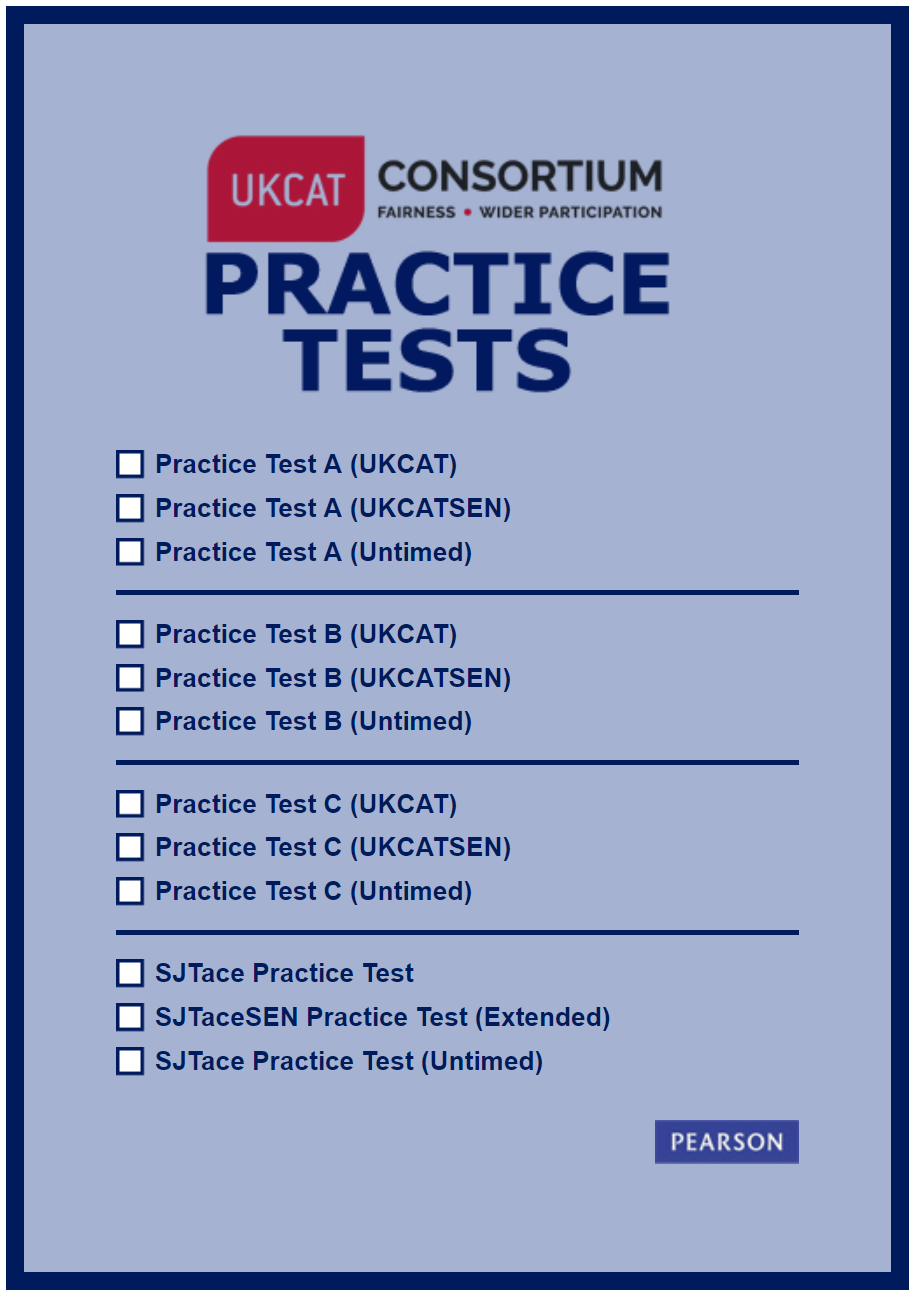Welcome to Matrix Education
To ensure we are showing you the most relevant content, please select your location below.
Select a year to see courses
Learn online or on-campus during the term or school holidays
Learn online or on-campus during the term or school holidays
Learn online or on-campus during the term or school holidays
Learn online or on-campus during the term or school holidays
Learn online or on-campus during the term or school holidays
Learn online or on-campus during the term or school holidays
Learn online or on-campus during the term or school holidays
Get HSC Trial exam ready in just a week
Get HSC exam ready in just a week
Select a year to see available courses
Science guides to help you get ahead
Science guides to help you get ahead

Guide Chapters
In this article, Matrix UCAT Experts reveal the ultimate study plan to ensure you ace the UCAT exam. Follow this timeline and develop the skills and experience for UCAT success.
Exam success comes down to your ability to plan and work ahead.
In Year 12, when you have the HSC to contend with, you definitely don’t want to leave your UCAT preparation until the last minute.
Get key strategies, tips, and shortcuts with this Ultimate UCAT Cheatsheet, designed to help you tackle questions faster and boost your score! Fill out your details below to get this resource emailed to you. "*" indicates required fields
The must-have UCAT cheatsheet for success

The must-have UCAT cheatsheet for success
To plan out your study for UCAT, you need to know what happens and when.
Below are the key dates you must mark on your calendar and not forget (exact dates will be released in December 2022):
Now that you know when things are happening, you need to start planning out your time during the lead-up to Year 12 and the examination period in July.
But don’t worry, to make your life easier we’ve given you a timeline for UCAT and a checklist of actions that will help you make the most of your UCAT preparation.
Let’s look at these things in a bit more detail.
We’ll help you get exam-ready with our step-by-step approach to building your logical thinking abilities, critical thinking skills and moral and ethical standards. Learn more about Matrix UCAT Course.
In October you can kickstart your UCAT preparation by understanding clearly the fundamental skills required in each subtest for UCAT success.
Read regularly and start reading more broadly. Read newspaper articles, non-fiction, novels, and essays.
While general knowledge is not essential to success in the UCAT, the skill of being able to read and extract information from a text quickly and accurately will be hugely beneficial.

You want to practise your comprehension skills – they will prove essential in Verbal Reasoning. These skills will also help you work quickly and accurately in the Quantitative Reasoning, Decision Making, and Situational Judgement subtests.
If you want to know what sort of comprehension skills you need, check out the articles on Verbal Reasoning and Situational Judgement in this Guide. The Matrix UCAT Preparation course will help you develop the strategies you need to approach these sections efficiently.
In December you should begin working on the fundamental skills that will help you excel in the UCAT. The two fundamental skills that you should improve are:
Speed-reading is a key skill required for the Verbal Reasoning subtest.
This is the subtest where students score the lowest on average.
You must read 11 passages and answer 4 questions each in 22 minutes. Each passage is between 150 and 400 words long. That means you have 2 minutes to answer each question without taking into consideration how long it will take you to read each passage.
Speed reading will help you read and process the information in a shorter amount of time. Enabling you to finish the section without needing to rush and make mistakes.
This is a useful video about learning how to speed-read:
Having the ability to do mental maths quickly and accurately will help you in the Quantitative Reasoning subtest.
In this subtest, you need to answer 36 questions in 26 minutes – 1 in every 43 seconds.
You must be able to do quick sums in your head. Matrix UCAT students will do mental arithmetic drills to develop these skills. This free arithmetic game can help you consolidate the skills.
In January you should acquire the techniques and strategies to quickly solve UCAT questions. The key to UCAT success depends on your ability to apply the right techniques to solve problems accurately under time pressure.
Matrix runs a 5 day or 2 full day UCAT preparation courses that will help you build your logical thinking abilities, critical thinking skills and moral and ethical standards.
Remember, the UCAT consists of four subtests:
UCAT registration will open on 4 March 2025 and close on 16 May 2025.
You need to pick a date in July. Ideally, you should choose a date where you have a couple of days free beforehand so you are not rushed in the lead-up to the exam.
It would be wise to take a slot in the school holidays to make it as stress free as possible.
You should make sure you book early so you can get the date you want.
It’s important that you get as much practice as you can.
The UKCAT website has a number of practice tests you can take. You should take the time to do as many of these as you can, to practice for the day.

The different subsets will also have different styles of questions:
Verbal Reasoning Subtest
Decision Making Subtest
Quantitative Reasoning Subtest
Situational Judgement Subtest
Each of these types of question will take a slightly different approach. You should make sure that you are confident in each of these 21 different question types. If you haven’t already you should read through the relevant sections of this Beginner’s Guide to UCAT where we cover some strategies for each type.
You want to have a dedicated plan of attack for each of the question types listed above. It will be a useful idea to keep a page of strategies that you can use as a cheat sheet.
A good method for consolidating your knowledge is to test yourself by writing down the strategies you’ll need to use for each section.
We’ve got provided some useful example in the different sections in this Beginner’s Guide to UCAT. You will learn about these in more detail and practice applying them during the Matrix UCAT preparation course.
To build and consolidate your skills, you need to be honest in appraising your strengths and weaknesses. You want to figure out what your weaknesses are and target them by learning and practising the required skills.
You then need to perfect those skills with regular practice – taking as many practice questions for those question types as you can muster.
This approach will help you get on top of things before life starts to get hectic in Term 3.
With UCAT just around the corner, you need to be turning your knowledge and skills into mastery of the different sub-tests.
With that in mind, let’s take a look at what you should be doing over May and June to get ready for the UCAT in July.
You won’t have time to learn new skills in Term 3, your school workload will have ramped up significantly and you’ll have ongoing assessments for your different subjects due throughout the term.
Instead, what you want to focus on is consolidating your skills and techniques and mastering them. How do you do this? Practise, and then practise some more.
Find practice papers and online tests and attempt one a week. Pay attention to working against the clock. You want to be comfortable working under pressure with strict time-constraints.
This will help you do the second important thing, which is…
All of this practice will show you what you are good at, and also what you are struggling with. This information is important.
The truth is that there’s going to be a diminishing return on the amount of time you put into areas where you’re already adept.
Because of this, you should target the areas you struggle with, these areas are where you stand to make the greatest gains and improvements.
The other thing you need to do in Term 3 is planning your July Holiday break and UCAT study.
THere’s no point focusing all your energies on UCAT if it means your going to damage the other marks you need to get into your university degree.
Things you need to plan around:
If you haven’t already, the start of Term 3 is definitely the final opportunity to set up a study timetable that will help you balance your school subjects and UCAT study.
Consider the student’s timetables below:

You’ll also need to plan for the Holidays, too!

You’ll notice that this student has included consistent UCAT study into their schedule so they don’t rush things at the last minute.
Now that you’ve reached the school holidays, it’s time to finalise your knowledge and do your final dry runs before the big day.
Here’s what you should do over the final 7 days.
There’s a fair chance that you’re still going to have trouble with one or more of the sections.
This is your last opportunity to go over these questions and practice the required skills. You want to focus your energy on those questions you struggled with over ones that you now find quite easy.
Again, timed practice is really important to get you used to the pressures of this strictly timed exam.
While it is important to work on strengthening your weaknesses. You should also dedicate some time each day to ensuring you are working across the different strategies that you require for the different subtests and their various question types.
A good way to practice your knowledge of these strategies is to write up a cheat-sheet with your different strategies for each question type.
When you can write up the whole list from memory without referring to your notes, you know you’ve got this.
You want to make sure that you can keep a lid on your stress and avoid getting anxious. The exam is pretty time intensive, so you need to be able to stay calm and focused.

In the week before, you should learn some relations and calming strategies:
These skills will also be very useful and important later on when you sit the Trial HSC and HSC exams.
One thing you don’t want to be doing in the final 24hrs before your UCAT is cramming.
Instead, you should do the following:
The afternoon before have a light study session and review your notes. Maybe try a question type from each subtest you struggle with, but don’t fall into the trap of cramming and attempting a full paper.
You don’t want to exhaust yourself or make your self-anxious the night before.
Don’t stay up late!
Being rested and fresh is the most important thing that will help you at this point.
Get an early night and make sure that you’re well rested the following day.
Your brain needs fuel, but it needs the right kinds of fuel.
You don’t want to be wolfing down a stodgy full English breakfast and foods high in carbs.
Instead, eat something with a decent serve of protein and omega-3, like an egg on wholegrain toast with smoked fish like smoked salmon or trout. If you don’t eat meat, eggs, or fish, try muesli with some berries and a protein rich yoghurt.
You may find some appetising food suggestions here.
One thing you shouldn’t do is drink a lot of coffee or tea. If you don’t normally consume coffee, this isn’t the day to start.

The morning is the last time you want to run through your notes.
Don’t try and learn new things.
Don’t do practice questions, just review and reaffirm your knowledge. You’re an expert now.
Before you head off to the Pearson VUE testing centre, you need to make sure that you’ve packed all things you need:
Leave home with plenty of time to spare.
You’re always going to be better off getting to an exam centre well ahead of time and getting bored, rather than running late and panicking and stressing before you even sit down to the computer in the exam room.
Take a book, if you’re early you can sit, read, and relax for a while before things kick off.
Exam anxiety is totally a thing. While it may seem like a lot rides on your UCAT result, it is just an exam. Staying calm is really important once you’re in the room.
It’s worthwhile to run through your relaxation techniques in your head before you sit down to the exam, they will be more important now.
Remember that you’ve already done all of the hard work and that that is what will get you through the exam and into the university course that you want!
Good luck, from the team at Matrix!
© Matrix Education and www.matrix.edu.au, 2025. Unauthorised use and/or duplication of this material without express and written permission from this site’s author and/or owner is strictly prohibited. Excerpts and links may be used, provided that full and clear credit is given to Matrix Education and www.matrix.edu.au with appropriate and specific direction to the original content.